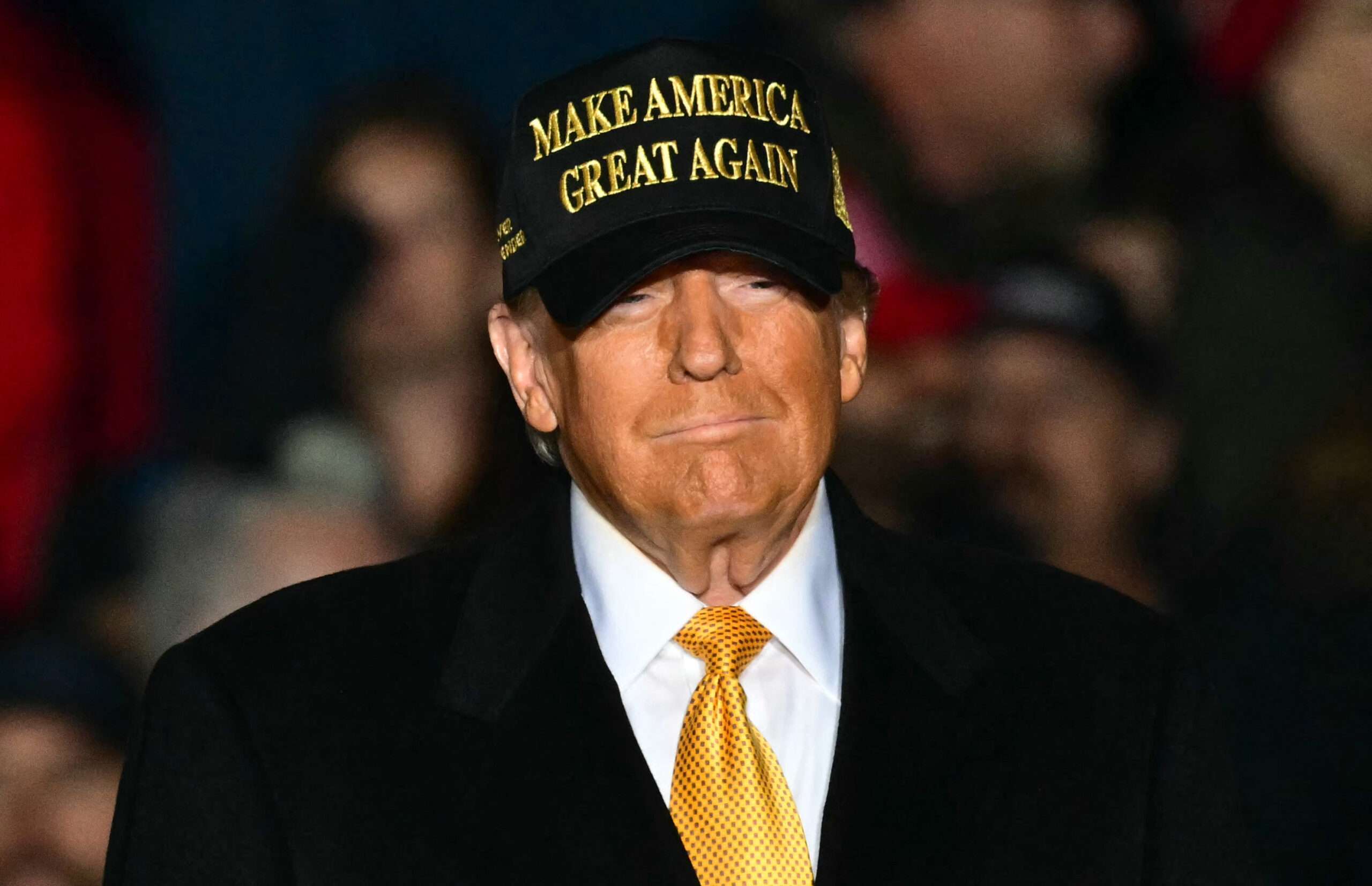For over a century, U.S. courts have acknowledged children born in the country as American citizens. President-elect Donald Trump intends to challenge this long-standing understanding by issuing an executive order on his first day in office.
Trump’s proposed order aims to eliminate automatic citizenship for children of undocumented immigrants. However, such a move would spark a constitutional debate that is likely to be unfavorable to Trump.
The 14th Amendment states that individuals born or naturalized in the U.S. and subject to its jurisdiction are U.S. citizens. Trump argues that this does not apply to children of unauthorized residents as they are not under the jurisdiction of the U.S.
This interpretation contradicts the Supreme Court’s ruling in the 1898 case of Wong Kim Ark, a Chinese immigrant born in San Francisco. The Court determined that individuals are subject to U.S. jurisdiction when they are obligated to obey its laws.
The Court also made exceptions for specific cases, such as children of diplomatic representatives and alien enemies in hostile occupation. However, the general rule is that individuals born in the U.S. are automatically granted citizenship.
Trump’s attempt to distinguish between the children of legal immigrants and illegal aliens lacks historical basis. Legal scholar James Ho has emphasized that the 14th Amendment applies to all individuals subject to U.S. jurisdiction, regardless of their immigration status.
In a 1982 ruling, the Supreme Court reaffirmed that the 14th Amendment’s equal protection clause extends to both legal and illegal aliens. Despite Trump’s threats to restrict birthright citizenship, the Constitution’s original meaning remains unchanged.
“People born in the U.S. are citizens, regardless of their parents’ citizenship,” noted law professor Josh Blackman. An executive order cannot alter the fundamental principles of the Constitution.
© Copyright 2024 by Creators Syndicate Inc.





